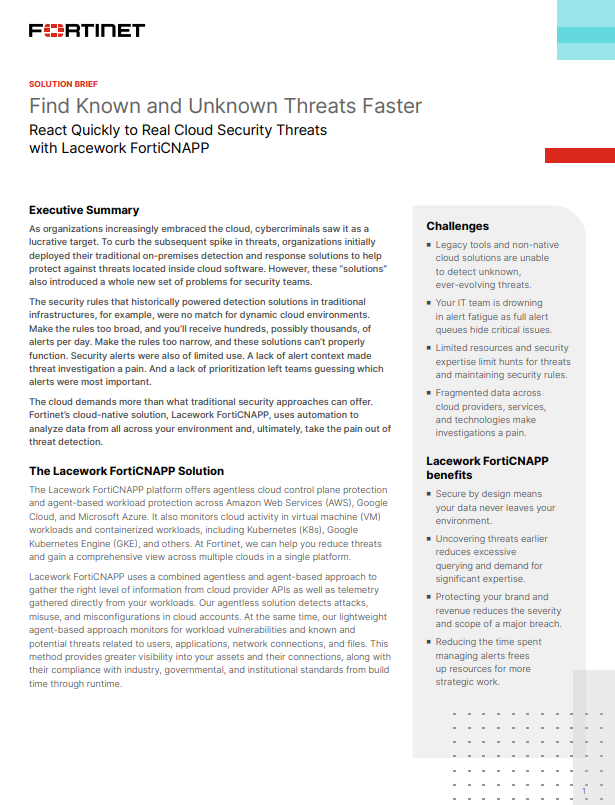SSD launch pad for Fusion-io in the UK
Fusion-io and Diamond point are banking on the consolidation ability of SSD NAND flash memory technology to break into the UK market.
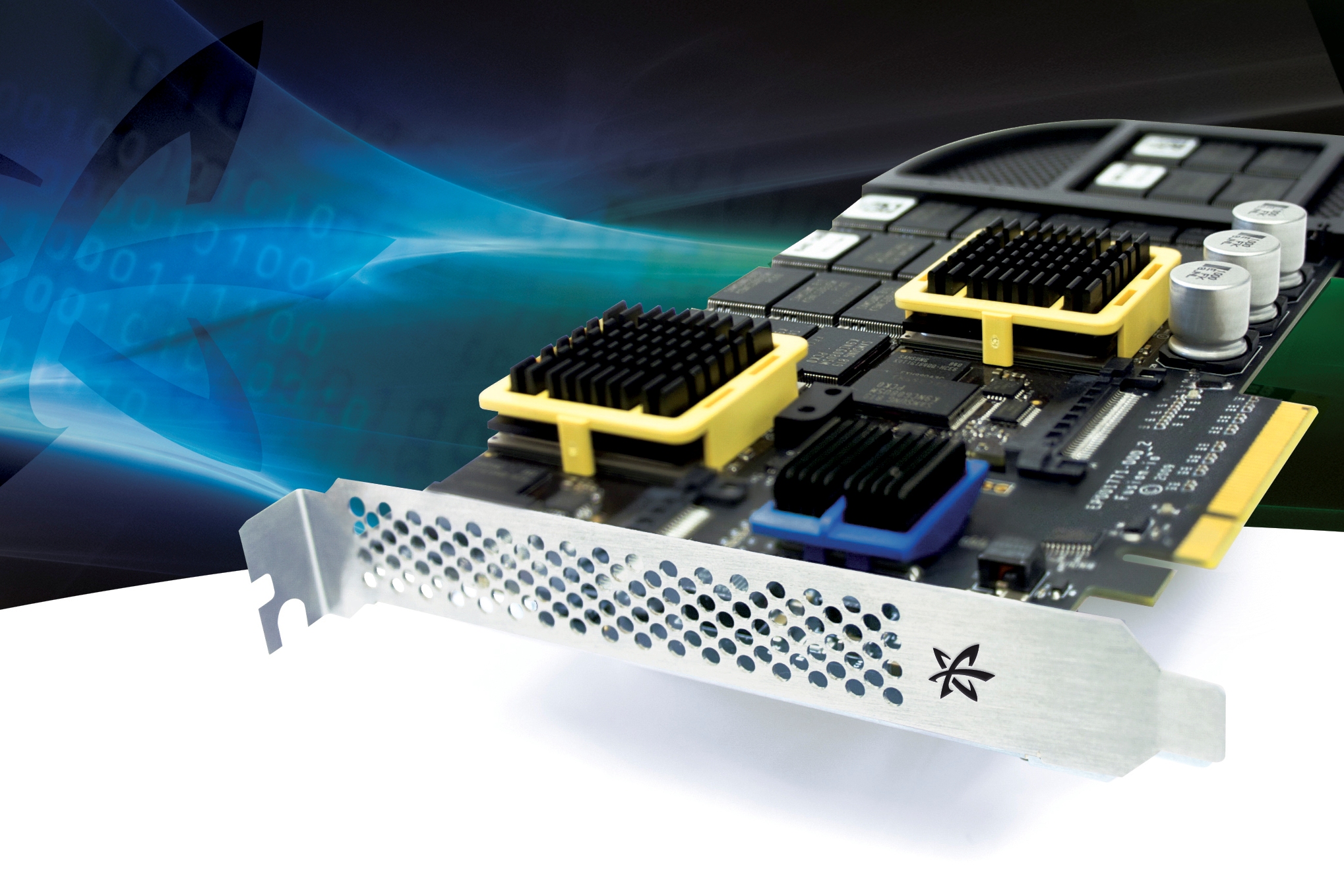

Solid state drive (SSD) NAND flash memory based technology will consolidate several racks of servers and its components into one storage device, according to an announcement today.
The ioDrive and ioDrive Duo storage architectures are the starting blocks for US company Fusion-io to make its move into the UK market with partners Diamond Point.
It can be put into a server's existing PCIe bus for Intel x86 platform and supports Windows and Linux 64 bit technology.
Mathew Fleming, director of international sales for Fusion-io, said: "In a normal rack of servers, data is copied from nine to 14 times from the disk to the user, taking 100 milliseconds. It may not seem much to you or me but if thousands of people are using this it adds up."
"We thought why do we need to copy data so much? Instead we should put the data into the arteries of the server cutting latency from 100 milliseconds to 50 microseconds."
By increasing this speed, Fleming claimed it will save time - which in turn saves you money. He cited an example of a video editor using one of these devices cutting his editing time from five hours to 30 minutes, although he would not state which company.
Fleming also promoted the green IT aspects of the products. He said: "In today's economy, saving money in IT is a challenge, but the power saving costs on this are outstanding."
Get the ITPro daily newsletter
Sign up today and you will receive a free copy of our Future Focus 2025 report - the leading guidance on AI, cybersecurity and other IT challenges as per 700+ senior executives
The bold claim that he made was that one of these drives could use 1/2,000th of the power of high performance disk arrays. When comparing power per 100,000 input/output per second (IOPS), a 7,200 RPM disk drive would use up 354,055 kilowatts per year. The ioDrive claims to only use 67.
The technology used on the two products focuses on putting high capacity onto a high density component, in this case NAND flash. Instead of using a disk controller, which Fleming sees as the "Achilles heel" to NAND, it uses its own IP controller.
The ioDrive comes in 80GB, 160GB and 320GB with the duo doubling these to 160GB, 320GB and 640GB. The company also revealed that it is planning on releasing a 1.2TB version later this year.
The smaller of the drives use single level cell (SLC) NAND, which increases read and write speed but the write speed drops on larger models as it has to use multi level cell (MLC) NAND as the capacity increases.
Prices start at $4,000 (2,618) and the products are available immediately.
Jennifer Scott is a former freelance journalist and currently political reporter for Sky News. She has a varied writing history, having started her career at Dennis Publishing, working in various roles across its business technology titles, including ITPro. Jennifer has specialised in a number of areas over the years and has produced a wealth of content for ITPro, focusing largely on data storage, networking, cloud computing, and telecommunications.
Most recently Jennifer has turned her skills to the political sphere and broadcast journalism, where she has worked for the BBC as a political reporter, before moving to Sky News.
-
 Cyber-resilient data storage for everyone
Cyber-resilient data storage for everyoneWhitepaper Improve cyber resilience and optimize performance
By ITPro
-
 Sustainability is more than a flash-in-the-pan topic for the data storage industry
Sustainability is more than a flash-in-the-pan topic for the data storage industryAnalysis Rising energy costs and concerns over the environmental impact of data centers are prompting a shift away from power-hungry disk drives
By Ross Kelly
-
 Pure Storage’s FlashArray//E launch offers “multi-year advantage” with performance and energy efficiency boosts
Pure Storage’s FlashArray//E launch offers “multi-year advantage” with performance and energy efficiency boostsNews The FlashArray lead at Pure Storage, said the launch will act as a “key differentiator” for the company in the storage space
By Ross Kelly
-
 Why the floppy disk may never die
Why the floppy disk may never dieIn-depth The age-old floppy disk storage medium is still in demand despite continued attempts to kill it
By David Crookes
-
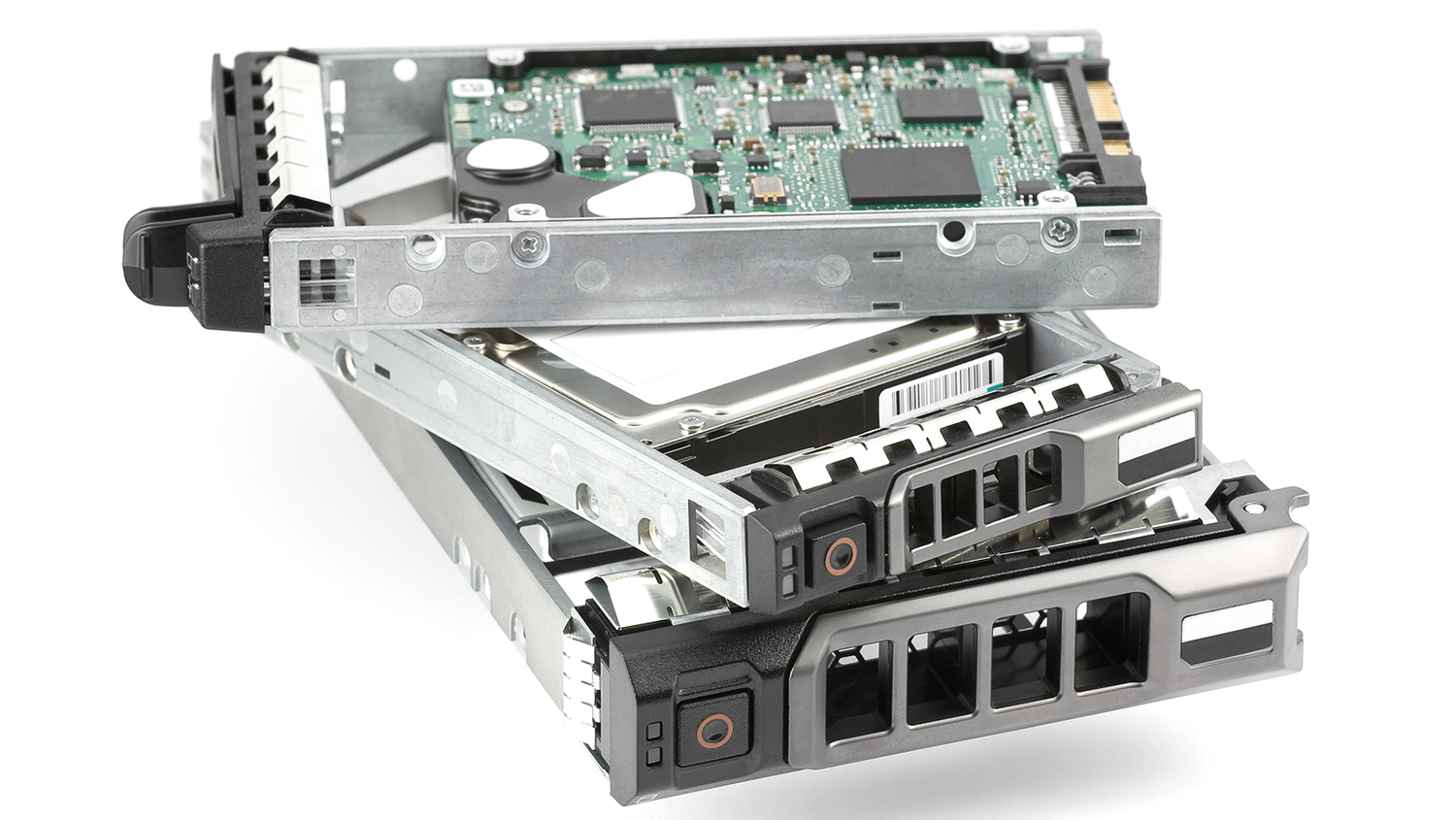 10 things to consider when buying an external hard disk-based storage device
10 things to consider when buying an external hard disk-based storage deviceIn-depth Find the right storage solution for you with this handy guide
By Désiré Athow
-
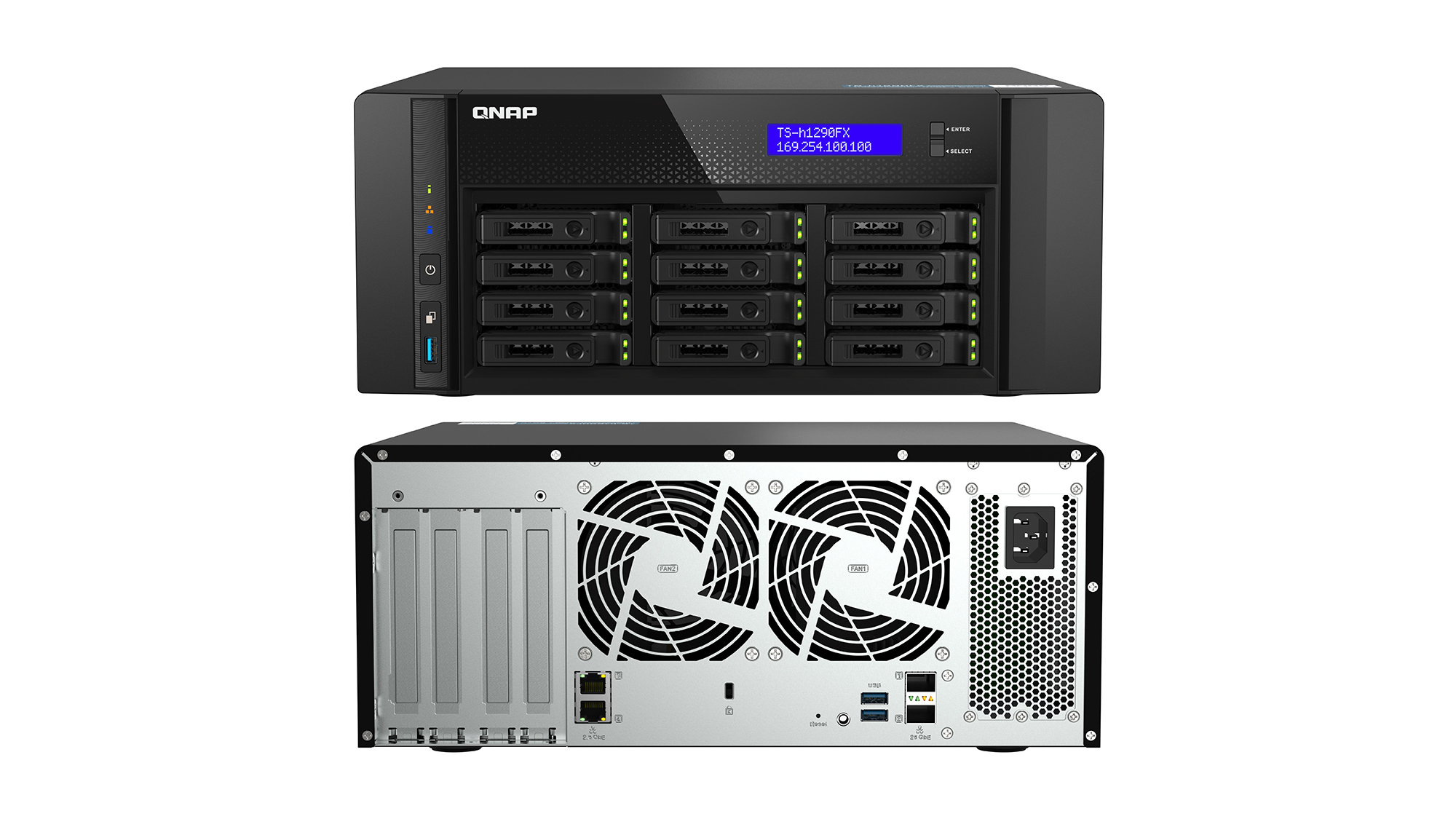
 Qnap TS-h1290FX review: Flashy desktop storage
Qnap TS-h1290FX review: Flashy desktop storageReviews A sleek and affordable desktop NVMe all-Flash array that delivers great 25GbE performance
By Dave Mitchell
-
 Intel kills off Optane Memory business with $559m loss
Intel kills off Optane Memory business with $559m lossNews Optane is now one of six divisions the company has ended under Gelsinger's leadership
By Bobby Hellard
-
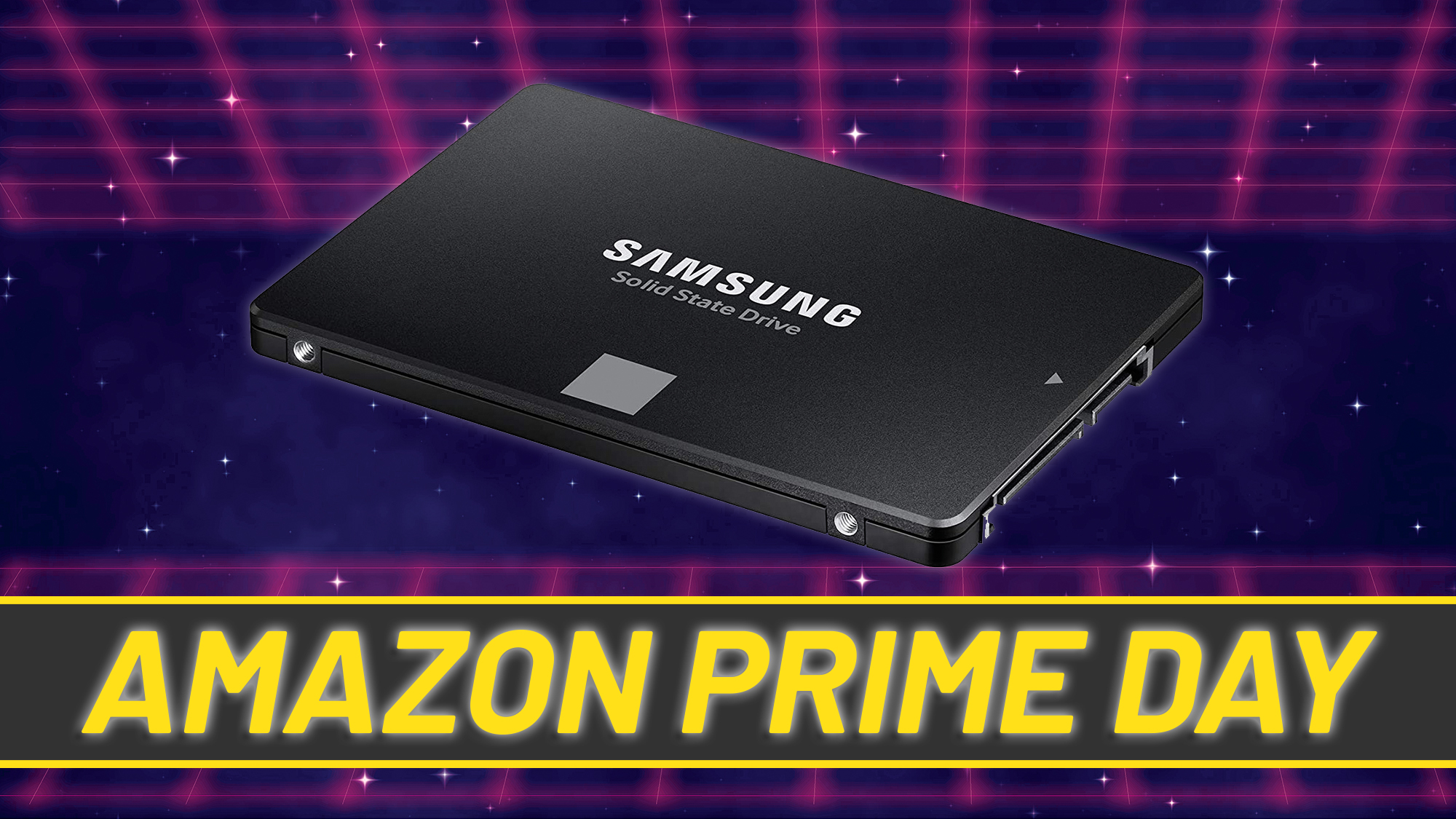 The best Amazon Prime Day storage deals: Extra capacity at rock-bottom prices
The best Amazon Prime Day storage deals: Extra capacity at rock-bottom pricesBest Add some extra headroom to your disk space
By Bobby Hellard
